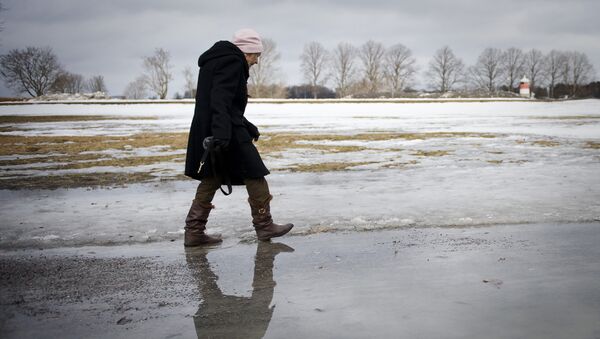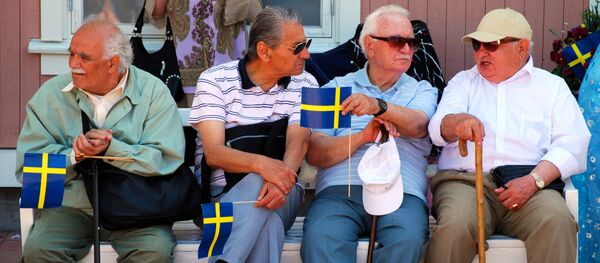"It's so uncalled for and so shameful that we have so many old people in Sweden who are not getting the food and nutrition they need. Once you are malnourished, the risk of dying is increased four-fold," Yngve Gustafson, a professor of geriatrics at Umeå University, told the Swedish newspaper Svenska Dagbladet.
Previously, Yngve Gustafson sounded the alarm together with National Food Agency director Annica Sohlström and called on staff in home care services to improve their competence with respect to elderly care and nutrition. Earlier this year, Gustafson spared no criticism when he claimed that elderly Swedes were "starving to death."
"Malnutrition in the elderly suppresses the immune system, making one depressed and prone to getting infections, losing muscle mass and running a higher risk of falling and injuring themselves," Yngve Gustafson told SVT.
Yngve Gustafson is known in Sweden from the television programs "Sweden's best retirement homes" and "Sweden's best assisted living" aired by SVT. His suggestion is to scrap general rations and replace them with individual nutrition plans.
"I follow these issues daily and think we have to intensify our efforts further," Åsa Regnér said, voicing hopes that the government's plans to increase staffing in retirement homes will improve the diets of older Swedes. According to Regnér, employing more nutritionists is an important measure.
"Dietitians are a key group in increasing the expertise and quality of food and meals for the elderly," she said.
Like its Nordic peers, Sweden is an ageing country; its demographics are characterized by birthrates which are insufficient to maintain a constant population size. In recent decades, the widening demographic gap has been largely plugged by a constant influx of immigrants.
In 2015, 25.5 percent of the Swedish population of 10 million was over 60 years of age, and their percentage is expected to rise to almost 30 percent by 2050, largely due to a rising life expectancy. At present, the life expectancy in Sweden is among the highest in the world, with 79.9 years for men and 83.7 years for women.
Never miss a story again — sign up to our Telegram channel and we'll keep you up to speed!





